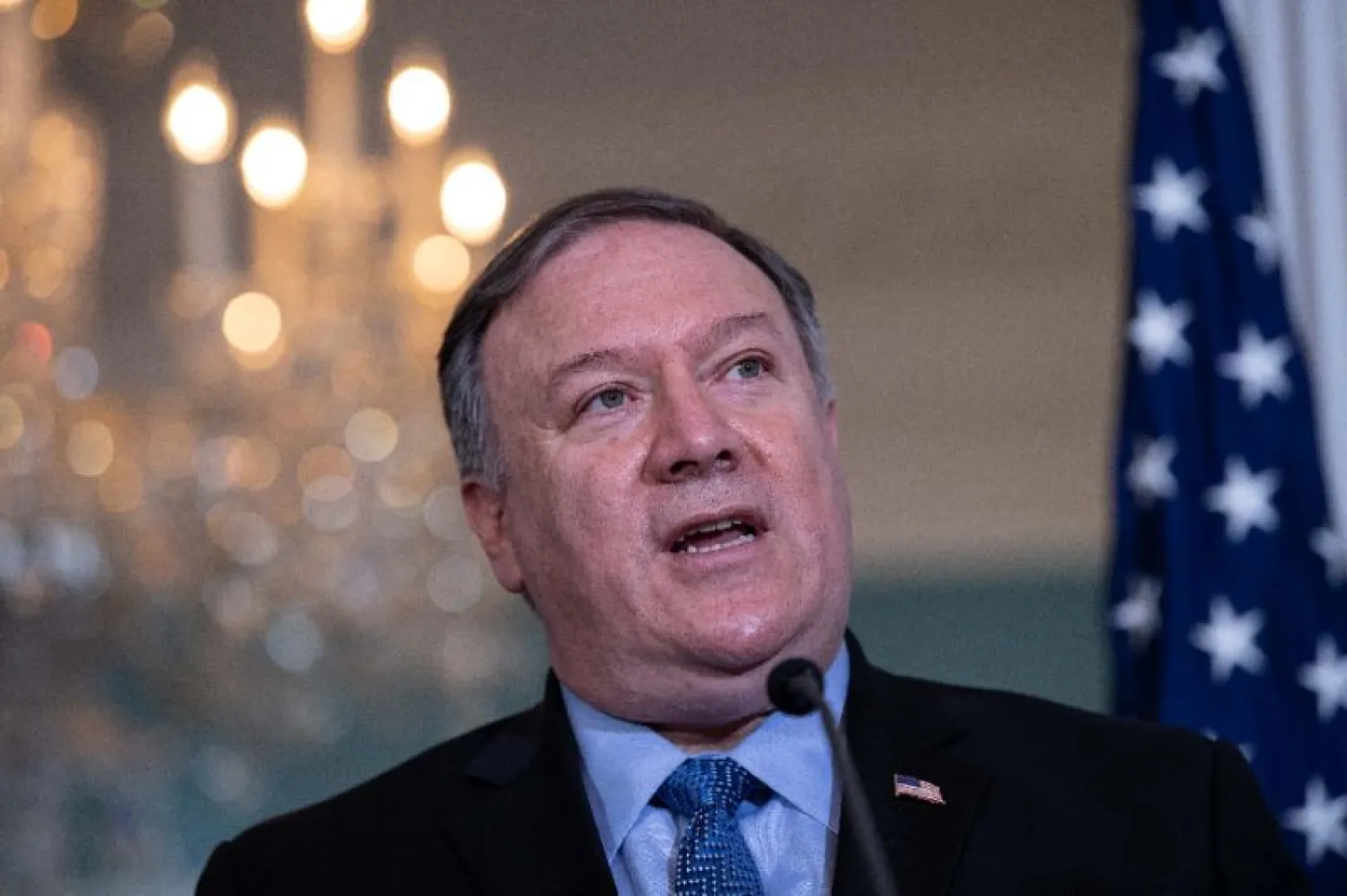US Secretary of State Mike Pompeo’s announcement that he will pay a visit to Beirut did not come as a surprise to Lebanese officials, most notably since the top diplomat had declared such plans during a trip to Riyadh some two months ago.
A diplomatic source linked on Thursday Pompeo’s visit and its timing to the growing influence in Lebanon of not only Iran, but also Russia through its investments in the energy sector. Rosneft, Russia’s state-owned oil company, closed a 20-year deal in late January to rent, operate and expand storage near the northern city of Tripoli.
Speaking to Asharq Al-Awsat, the source said Pompeo would use his trip to Lebanon to persuade Beirut to join the “strategic alliance in the Middle East against threats facing the region.”
The official is aware, however, that Lebanon cannot take part in such an alliance given that several local political forces reject “anything American”. Moreover, the government is bound to a dissociation policy aimed at keeping Lebanon away from regional conflicts.
The agenda of Pompeo’s trip remains unclear, officials informed about his trip said.
One of the officials predicted that “talks between Pompeo and Lebanese officials are expected to be difficult.”
The sources explained: “Usually, Beirut does not respond to Washington’s demands. Several examples could be listed in this regard, including a decision by Foreign Minister Jebran Bassil to not attend a Middle East conference co-hosted by the US in the Polish capital last February.”
Other demands that Lebanon has failed to comply with include the disarmament of the Hezbollah party and limiting Iran’s powers in the country.
However, the diplomatic source expected that Lebanon will coordinate with US over the armament of the Lebanese army and training of its personnel.









